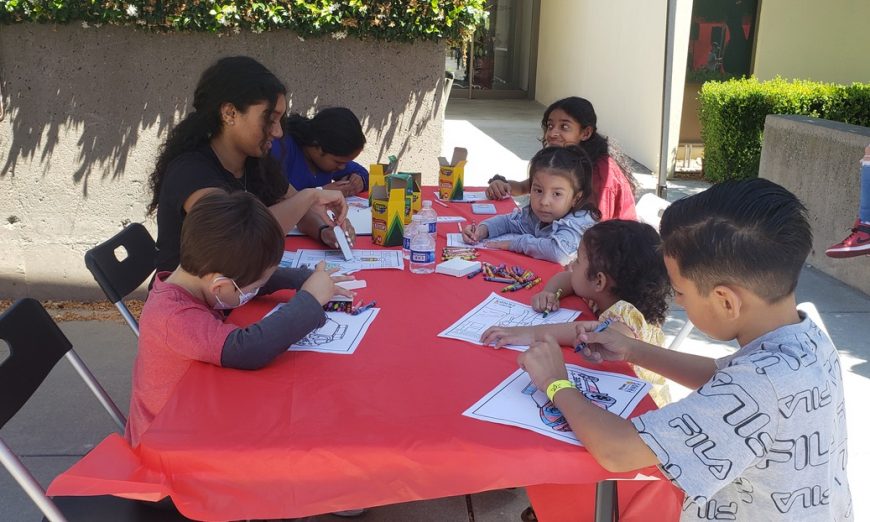Suppose tomorrow morning you woke up on another planet where people looked like you, but their thought processes and behavior were completely foreign to you.
A planet where, through no action of your own, people exhibited an aversion and even outright hostility to you. A planet where what seemed to you to be reasonable behavior was treated by the police as suspect or even criminal. It goes without saying, on that planet, you would fear social contact or any contact with the police.
But that’s what people with atypical neurological profiles—for example, autism, ADHD, Tourette’s, and other developmental and cognitive impairments—experience daily on planet Earth.
Four years ago, a group of volunteers took on the challenge of bringing these two planets together, forming Pragnya — Preparing Resources & Alliances Galvanizing Neurodiversity Acculturation.
“Our goal is acceptance, acculturation and appreciation for neurodiversity,” said co-founder Kivita Sreedhar. “Not thinking of these people as ‘less than.’”
In addition to conducting weekend activities, educational and support groups, Pragnya also pairs volunteers with neurodiverse individuals in its Ally program.
“Allies reach out to people and bring them into the community,” said Sreedhar.
Last Saturday, Pragnya joined with Santa Clara for an afternoon of social activities designed to build relationships between neuro-atypical people of all ages and SCPD officers. The event gave people of many ages opportunities to sit on a police motorcycle, explore the inside of a police car, meet a K-9, play games and take home some SCPD collectible cards.
SCPD recently introduced its new Special Needs Assistance Program (SNAP), designed to improve police interactions with neurodiverse people by allowing people to file special needs information in a confidential database accessible to public safety dispatchers.
“The program gives officers information on the front end of the call about situations they may encounter,” said Officer Carlos Calupad, who oversees the program as part of Santa Clara’s Community Response and Crisis Intervention.
“Going in, they know, for example, that someone is deaf, so they won’t mistake non-compliance for criminal behavior,” he said.
Another example is individuals who are acutely sensitive to loud noises and bright lights. With prior information, the police can cut the flashing lights and sirens.
“We focus on de-escalating the situation,” Calupad said. “Neurodiverse people are part of our community. We want them to know that when they need help, they can reach out.”
“What we aim to do for neurodiverse people in today’s event is to normalize people in uniform for them,” explained Pragnya co-founder Kishan Sreedhar. “And help the police to prevent escalation.”
Pragnya has conducted similar programs with Mountain View and Milpitas police.






